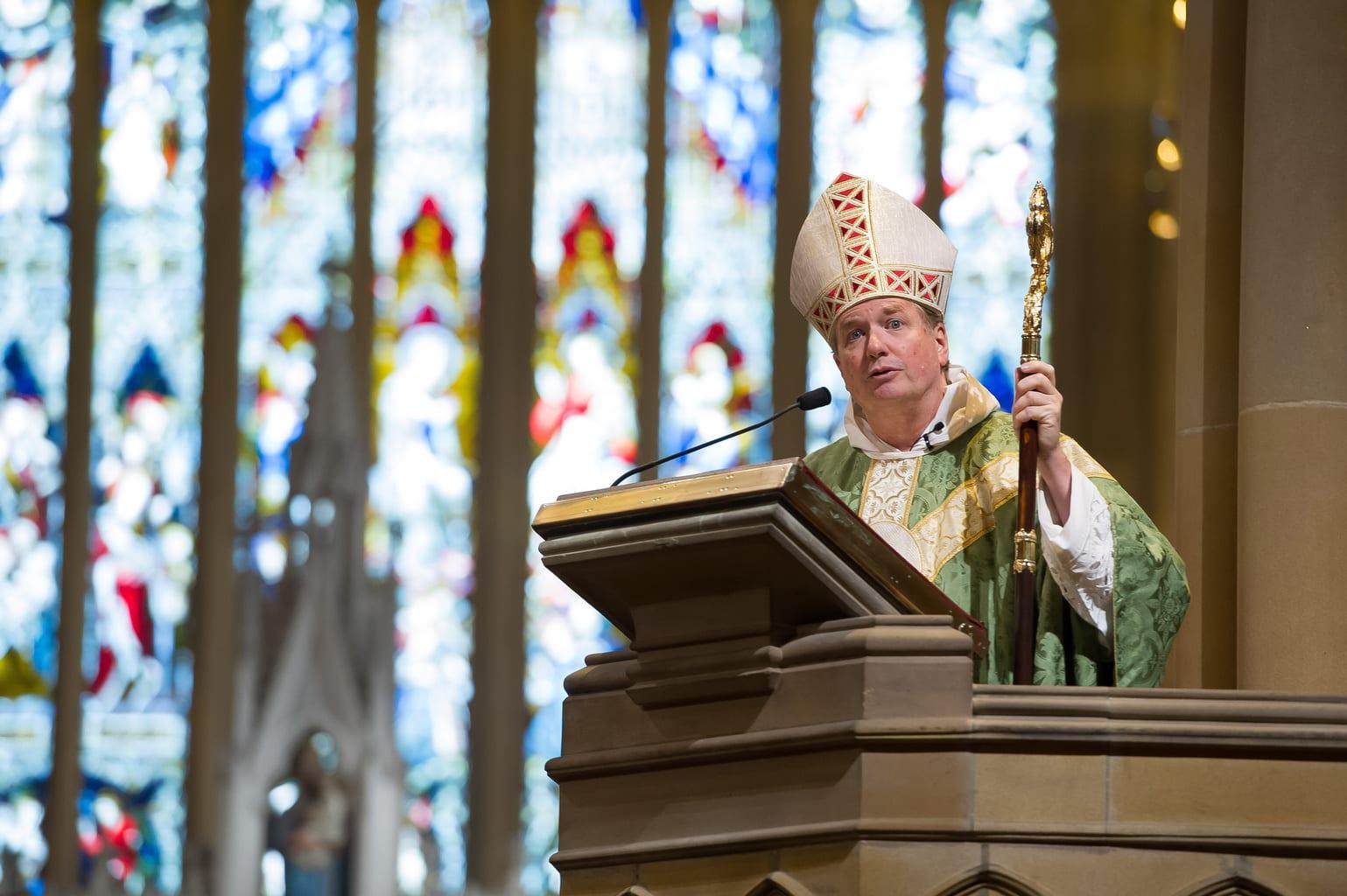ROME — The Archbishop of Sydney has personal experience of what the modern slave trade can look like in an affluent western country like Australia.
When he was a parish priest ten years ago in the Sydney suburb of Watson Bay, now-Archbishop Anthony Fisher was approached by a South American nanny who had found herself trapped: Her passport had been taken away, she hadn’t been paid, nor was she even allowed to leave the home in which she worked without permission.
Fisher told the story of this encounter on Tuesday to a parliamentary inquiry into human trafficking in the Australian state of New South Wales.
The inquiry was set up in November by the state parliament to investigate how law enforcement agencies respond to human trafficking, including slavery and slavery-like practices such as forced labour.
Fisher told the committee how he helped the woman escape after contacting police and the church’s welfare agency.
Although most people assume modern slavery is something that only exists in developing countries, thousands of people in the developed world live in slave-like conditions.
The most visible are those trafficked into the sex industry; but many are also working in construction, agriculture, food processing, and as domestic help.
The New South Wales inquiry has heard from several Catholic organizations which advocate against slavery.
One of these, the Australian Catholic Religious Against Trafficking in Humans (ACRATH), told the inquiry most of the people affected are immigrants, who have been lied to by traffickers, and are unable to go to the authorities because they fear being sent to a detention center for illegal immigrants.
“They are deceived about the working conditions in Australia, especially with regard to the rate of pay and hours of work and are often forced to work beyond their visa conditions,” the ACRATH submission reads. “In removing the workers to immigration detention it is the people who have had a crime committed against them that are being penalized.”
ACRATH noted that in Australia, there are no national licensing requirements for labor hire businesses, making it easy for a person to set up such a business to traffic people into Australia for the purposes of exploitation and then shut up the company and disappear if law enforcement starts to investigate.
Earlier this month, the former Australian representative to the Vatican, John McCarthy, told the committee about the anti-trafficking efforts being promoted by Pope Francis, who has called modern slavery “an open wound on the body of contemporary society.”
Francis helped establish the Santa Marta Group to bring together religious groups and police forces from around the world to work together to fight trafficking, since religious workers – like Fisher when he was a parish priest – are the people most likely to be approached by a trafficked person.
McCarthy, during his March 6 testimony, recommended the state of New South Wales follow the Vatican’s example in “slave-proofing” its supply chain by updating their procurement guidelines, and seeking various guarantees from their contractors that whatever goods were being obtained had not to their knowledge had any slavery component to it.
“The State Government may wish to be at the centre of, or a sponsor of, a very extensive campaign in relation to bringing to the public’s attention the whole question of exploitation in clothes and food and so on, and moving towards a regime where, if your goods are slavery free, you get [an anti-slavery symbol] on them,” the former ambassador said.
In his testimony on March 28, Fisher warned against thinking slavery was something that “was abolished in the days of [British anti-slavery activist] William Wilberforce,” or as something which only exists overseas.
The archbishop said the people of Australia must work to end slavery in their country, with religious organizations taking the lead. Fisher added words are not enough.
“We must demonstrate our own willingness to act where we can,” he said.















